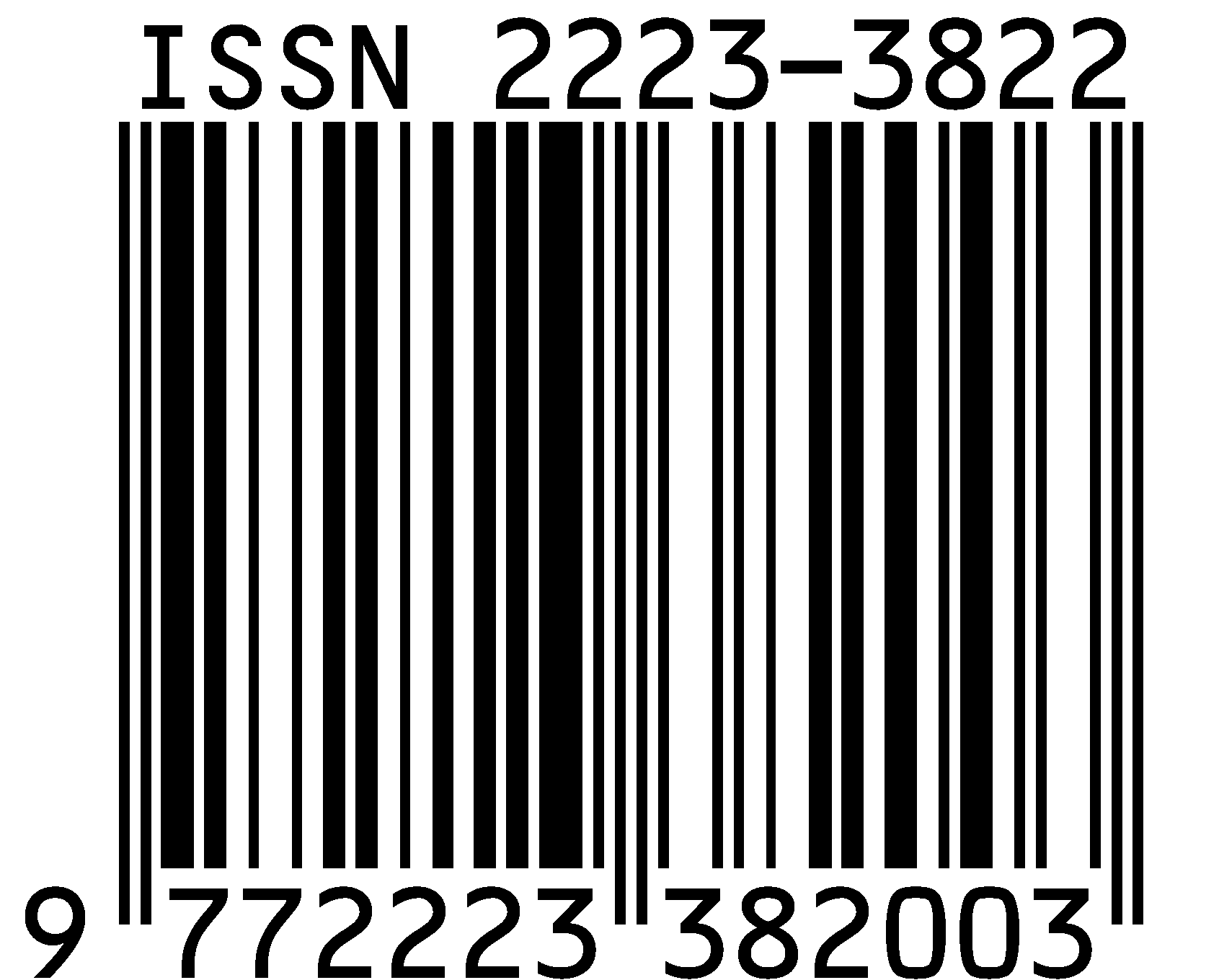Basic features and characteristics of behavioral and experimental economy formation
|
Title: |
Basic features and characteristics of behavioral and experimental economy formation |
|
Authors: |
Demkura, Taras |
|
Affiliation: |
Regional Development of the International Chamber of Commerce ICC of Ukraine 7, Y.Slipogo str., Ternopil, 46000, Ukraine |
|
Bibliographic description (International):
|
Demkura, T. & Markovych, I. (2021) Osnovni rysy ta osoblyvosti stanovlennia povedinkovoi ta eksperymentalnoi ekonomiky Basic features and characteristics of behavioral and experimental economy formation]. Sotsialno-ekonomichni problemy i derzhava [Socio-Economic Problems and the State] (electronic journal), Vol. 25, no. 2, pp. 465-473. Available at: http://sepd.tntu.edu.ua/images/stories/pdf/2021/21mibtee.pdf |
|
Journal/Collection:
|
Socio-Economic Problems and the State |
|
Issue: |
2(25) |
|
Issue Date: |
Nov-2021 |
|
Submitted date: |
Oct-2021 |
|
Date of entry: |
6-Oct-2022 |
|
Publisher: |
Ternopil Ivan Puluj National Technical University |
|
Country (code): |
UA |
|
Place of the edition/event: |
Ternopil |
|
ORCID Id: |
https://orcid.org/0000-0003-4585-722X |
|
DOI: UDC: |
https://doi.org/10.33108/sepd2022.02.465 330.88 |
|
JEL: |
D11 |
|
Keywords: |
behavioral economics |
|
Number of pages:
|
9 |
|
Page range: |
465-473 |
|
Start page: |
465 |
|
End page: |
473 |
|
Abstract: |
The preconditions for the emergence of behavioral economics are examined in the article, the relationship between behavioral and experimental economics are outlined and the features of the economic entities behavior irrationality are identified. The irrationality of human behavior from the standpoint of modern researchers and assumptions about the possibility of predicting such irrationality in economic models are analyzed. The peculiarities of conducting experiments are highlighted and their significance for research in behavioral economics is proved. It is shown that economic theories, which are based on a methodological approach to understanding human behavior as absolutely rational, formalization of scenarios of its behavior have long failed to withstand scientific criticism and do not have enough convincing empirical evidence. The differences between the research tools in behavioral and experimental economics are determined. The difference between "economy" and "humane" is shown. Economic people must make their decisions based on logic and mathematics, and humane people are characterized by volatility of decisions due to the tendency to framing and other cognitive biases. It is shown that the "economy" has the following features: a priority desire to meet their own needs and the development of personal interest; natural desire to improve their own economic situation; leveling of psychological, ethical and spiritual values in order to achieve economic goals; full awareness of the phenomena and trends of economic processes; rational economic behavior, etc. It has been determined that the subjects of economic relations are guided not by absolute rationality, but often by emotional or instinctive impulses, which are often inconsistent with the logical mechanism of decision-making from the point of view of efficiency. A promising area of further research is the analysis of cognitive biases, psychophysiological patterns, social norms and their impact on decision-making processes in the economy. |
|
URI: |
http://elartu.tntu.edu.ua/handle/lib/38866 |
|
ISSN: |
2223-3822 |
|
Copyright owner: |
Scientific Journal "Socio-Economic Problems and the State" |
|
URL for reference material: |
http://sepd.tntu.edu.ua/images/stories/pdf/2021/21mibtee.pdf |
|
References (International): |
1. Mäki, U. (2005) Models are experiments, experiments are models. Journal of Economic Methodology. Vol. 12, no 2, pp. 303-315. https://doi.org/10.1080/13501780500086255 2. Lozynsjkyj O. M. (2015) Ekonomichna psykhologhija ta psykhologhija pidpryjemnyctva. [Economic psychology and psychology of enterpreneurship] Navchaljnyj posibnyk. Ljviv: Triada pljus. 4. Samson, A. (2014) An introduction to behavioral economics. In A. Samson (Ed.), The behavioral economics guide 2014 (pp. 1–12). Behavioral Economics Group. URL: www.behavioraleconomics.com https://doi.org/10.31812/123456789/3208 6. Dlughopoljsjkyj, O. V., Ivashuk, Ju. P (2014) Eksperymentaljna ta povedinkova ekonomika: vid Vernona Smita do Danielja Kanemana [Experimental and behavioral economics: from Vernon Smith to Daniel Kahneman], Visnyk TNEU. No. 1. pp. 180-193. https://doi.org/10.2139/ssrn.2790606 8. Diacon, P. E., Donici, G. A., Maha, L. G. (2013) Perspectives of Economics-Behavioural Economics. Theoretical and Applied Economics, 20(7), pp. 27-32. https://doi.org/10.7208/chicago/9780226763750.001.0001 10. Ashley, W. J. (1909) Principles of Political Economy with some of their Applications to Social Philosophy, London: Longmans, Green and Co, 7 th ed. https://doi.org/10.2307/1907921 15. Festinger, L. (1957). A theory of cognitive dissonance. Evanston, IL: Row, Peterson https://doi.org/10.1515/9781503620766 16. Katona, G. (1951) Psychological Analysis of Economic Behavior. NY: McGrow-Hill, 347 p. https://doi.org/10.1037/h0042769 18. Tversky, A., Kahneman, D. (1985) The framing of decisions and the psychology of choice. In Environmental Impact Assessment, Technology Assessment, and Risk Analysis, Springer, Berlin, pp. 107-129. https://doi.org/10.1007/978-3-642-70634-9_6 19. Akerlof, G. A., Shiller, R. J. (2009) Animal spirits: How human psychology drives the economy, and why it matters for global capitalism. Princeton University Press. |
|
Content type: |
Article |
|
Appears in Collections: |
Scientific Journal "Socio-Economic Problems and the State" Vol 2(25) |
| < Prev | Next > |
|---|











